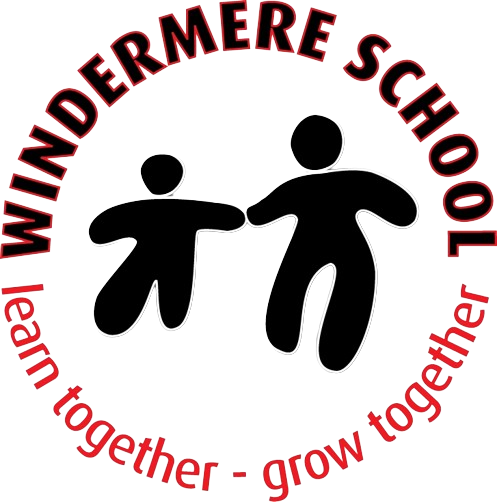English
“The overarching aim for English in the national curriculum is to promote high standards of language and literacy by equipping pupils with a strong command of the spoken and written word, and to develop their love of literature through widespread reading for enjoyment.”
The Primary National Curriculum 2014
English Intent
English underpins all aspects of the school curriculum. At Windermere Primary School we believe that every child should enjoy reading and be equipped with the skills to become lifelong readers. We recognise that being a confident reader is pivotal to academic success and children’s well-being while increasing their knowledge of the world around them. To be a successful writer, children need to be given reading opportunities that are purposeful. We believe that every child is a reader and writer. It is our goal as educators to unlock their potential.
Implementation
Phonics and Reading
In Reception and Year 1 we use Little Wandle Letters and Sounds Revised for the teaching of phonics, which is a DFE approved systematic synthetic phonics programme. The resources and games for teaching phonics are fun and engaging. Parents will be told which sounds children are currently working on and those they have secured, to enable parents to support learning at home. The programme follows a ‘Keep up’ approach where all children learn together, with some additional sessions for those finding some sounds more difficult to grasp. For children further up the school, there is a rapid catch up programme which uses the same resources for consistency. Reading books are aligned with the programme to ensure children are reading books matched to their level, which will support them in reading fluently and independently, building their confidence.
Further information can be found here: https://www.littlewandlelettersandsounds.org.uk/resources/for-parents/ Of particular help is the pronunciation guide.
Supporting your child with reading
Although your child will be taught to read at school, you can have a huge impact on their reading journey by continuing their practice at home. There are two types of reading book that your child may bring home. A reading practice book which will be at the correct phonic stage for your child. They should be able to read this fluently and independently. A sharing book which your child may not be able to read on their own. This book is for you both to read and enjoy together.
Reading practice book
This book has been carefully matched to your child’s current reading level. If your child is reading it with little help, please don’t worry that it’s too easy – your child needs to develop fluency and confidence in reading. Listen to them read the book. Remember to give them lots of praise – celebrate their success! If they can’t read a word, read it to them. After they have finished, talk about the book together.
Sharing book
In order to encourage your child to become a lifelong reader, it is important that they learn to read for pleasure. The sharing book is a book they have chosen for you to enjoy together. Please remember that you shouldn’t expect your child to read this alone. Read it to or with them. Discuss the pictures, enjoy the story, predict what might happen next, use different voices for the characters, explore the facts in a non-fiction book. The main thing is that you have fun!
When the children have moved off the early reading programme, they are able to select their reading book more independently as they are then a ‘free-reader’. Some children will need more support before this stage and will continue to use matched books while they develop their decoding skills. All children are expected to read at home every day.
In addition to the school library, every class has its own class library; the book selection is refreshed regularly to maintain the children’s interest. A wide range of books are available, with an increasing number being selected to reflect the diversity and multicultural character of our school.
Teachers introduce children to a wider vocabulary, to new authors and to the joy of reading for pleasure through a high-quality range of books that are read by an adult to the whole class.
Reading Rewards
To encourage home reading, pupils who read to an adult twenty times, recording this in their student planner, are allowed to choose a book from the school’s Reading Reward scheme. These high quality, brand new books, many of which are requested by the children themselves, are theirs to keep – allowing every child to build their own library at home.
Writing
In delivering our English lessons, we use HFL Education Essential Writing to guide our planning. We recognise that when writing, it is important to write for a purpose that has true meaning for children. Children are encouraged to write for a particular audience, such as a different year group, or to write about a real event while developing their own style.
Handwriting
Early letter formation is taught as part of the Little Wandle Letters and Sounds phonics programme. The children do not join letters initially, but gradually work towards a fluent, joined handwriting style that is legible.
Spelling
Early spelling is taught through the phonics programme. From the last term in Year 2 and across Key Stage 2, spelling is taught using Essential Spelling from HFL Education Ltd.
